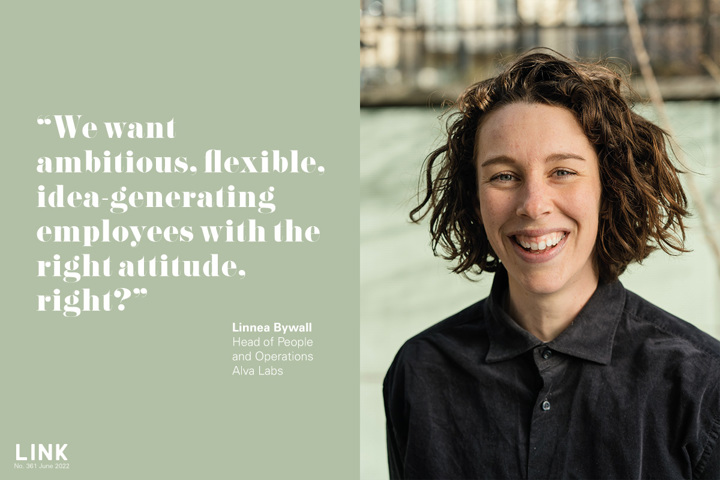
The death of the CV: Why we have to hire on potential rather than experience
22 July 2022
The first thing businesses do when looking to hire is to put together a list of experiences, core competencies and hard skills that they want in a new recruit. More often than not, multiple stakeholders will pitch into this process, assembling a wish list that will then be turned into a job ad. At this stage, soft skills are often mentioned. We want ambitious, flexible, idea-generating employees with the right attitude, right? But once posted, these attributes tend to be forgotten. CVs and cover letters are used to check off aspects like experience, past employment, and education. These are compared against the selection criteria, with applicants that tick the most boxes added to a short list.
Sounds familiar? I am not surprised. This is the traditional hiring process as we know it and it hasn’t changed in decades. But what if I was to tell you that you’re going about it all wrong? And probably wasting your company’s time and money?
The truth is that CVs and cover letters tell you very little about whether a new hire will be successful in their new role. At most, it gives the recruiter an idea of what the applicant has done prior to the application, details that are often more dependent on the socioeconomic status of their parents than on their inherent ability. How their place of education and previous work experience will impact future success is really just an assumption by a recruiter. Don’t believe me? Think back to your own graduation. Would you hire all your classmates? On paper, you were the same, but in reality you most likely differed a lot. Although most businesses today know this, the practice continues.
Let’s leave for the moment the fact that even skillfully crafted job ads might be putting off 50% of applications (studies have shown that men are more likely to apply for jobs they think they could do, whereas women tend to only apply if they have already proven that they can). Complete suitability is almost a red flag; a new job should take you further, force you out of your comfort zone, test you a little. An experienced candidate, hired for a role based on skills they have already mastered, will not be challenged or stretched, and is more likely to move on faster, leaving the company stuck and in the need to hire again. And in today’s fast-moving world, hard skills that a candidate has at the time of recruitment could be obsolete within a couple of years.
Not only will CV screening create less accurate hires, this practice also limits your candidate pool. If you demand five years of relevant experience, familiarity with your company’s way of working and preferred tools - how many available candidates will you find? Most likely very few. And without a really strong employer brand, the chances that those will choose to jump ship and join you are slim.
The solution then, is to hire on potential rather than experience.
If a candidate is to be evaluated on their ability to grow into a new role, it makes no sense to focus on what they have done. Instead we should be looking at what they could do, and therefore we need to move away from our dependence on CVs and wish lists.
With other tools, for example the ones provided by Alva Labs, it is a candidate’s potential for the role that is measured, and recruiters can predict their likelihood for success based on unbiased and objective data (rather than what schools they went to). By measuring a candidate’s suitability, their potential to adapt and develop, and how they might fit into the existing group dynamic, we can provide recruiters with a glimpse of what their future team may look like.
Moving away from traditional ways of recruitment will feel frightening for those who are still relying on set hiring criteria and stakeholder wish lists, but businesses need to invest time and resources into finding candidates that are truly compatible with the job role, and who have the ability and the intention to grow and develop with the business. And to do this, we need to leave archaic hiring methods behind us and set our sights firmly on the future.
About Linnea Bywall
Linnea Bywall is Head of People at Alva Labs, the digital recruitment company that helps recruiters qualify and compare job candidates using data and psychometric testing. Linnea studied psychology at Lamar University in Texas and Lund University in southern Sweden. A licensed psychologist, Linnea’s experience spans consultancy and organisational development, testing and recruitment. Her work at Alva Labs continues her mission to promote equality and diversity in the job market and workplace.
Join our mailing list
and keep up-to-date with the Chamber's news and events.
Read our Privacy Policy here